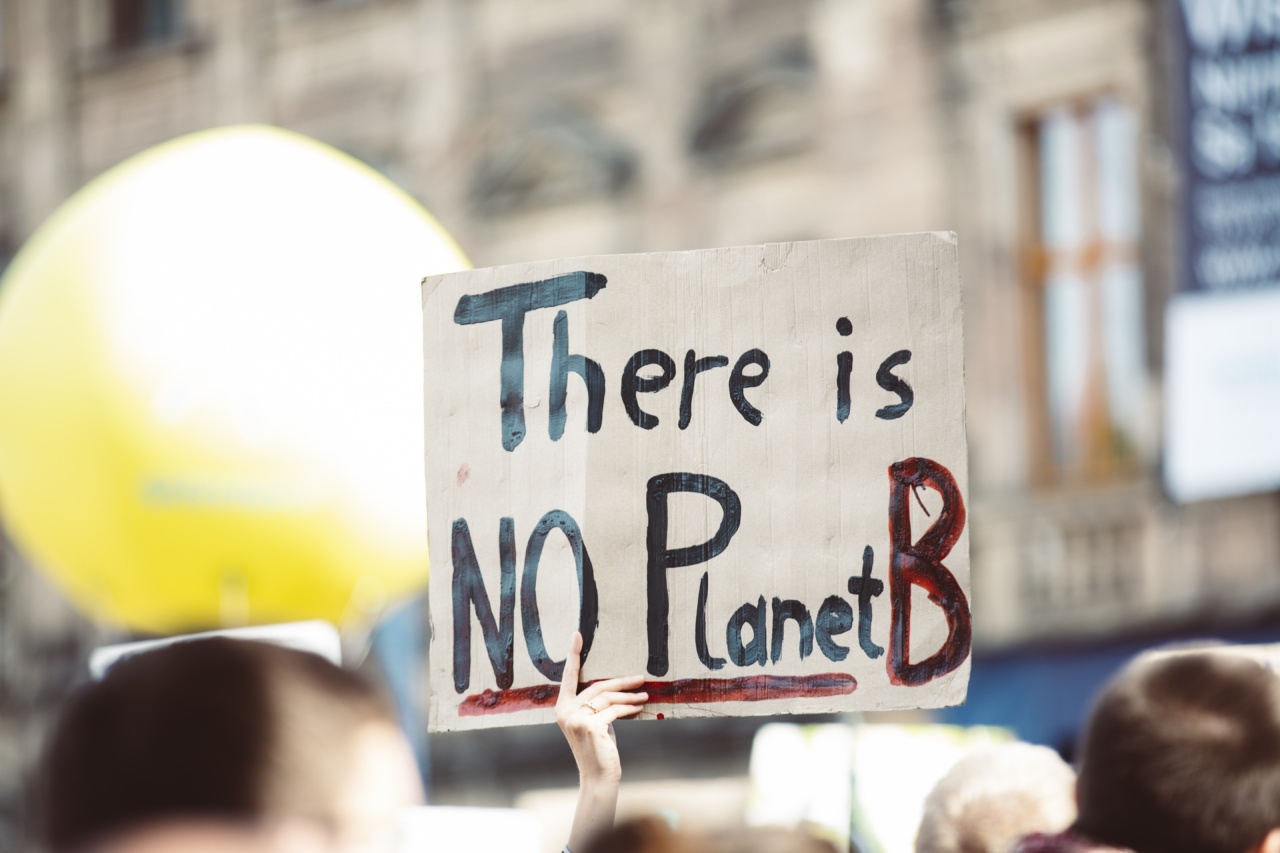Climate change is the biggest threat the world is facing today. With the rise in temperatures, melting glaciers, and rising sea levels, the future of our planet looks grim.
Climate change is not only a threat to plant and animal life but also to human survival. It is affecting us physically, socially, and economically. In this article, we will delve into the ways in which climate change poses a threat to human survival.
Impact on Agriculture
Climate change has a major impact on agriculture. With the increasing temperatures and changing rainfall patterns, crop production is being affected. Regions that were once fertile are now becoming barren, and farmers are struggling to get a good yield.
This is leading to a rise in food prices and in some cases, scarcity.
Health risks
Climate change is also leading to an increase in the spread of vector-borne diseases such as malaria, dengue, and chikungunya. Warmer temperatures and increased rainfall provide ideal breeding grounds for mosquitoes and ticks.
Rising temperatures also lead to heat-related illnesses, especially among vulnerable populations such as children, the elderly, and those with pre-existing health conditions.
Displacement of populations
Climate change is the cause of displacement of large numbers of people around the world. Extreme weather events such as hurricanes, cyclones, and floods are becoming more frequent and intense, causing loss of life and property.
In some regions, rising sea levels are causing a loss of land, and people are being forced to move to higher ground.
Water scarcity
Climate change is causing water scarcity in many regions of the world. Glaciers that feed rivers are melting, and rainfall patterns are changing, leading to a decrease in the availability of water.
This is leading to conflicts between countries and also between communities.
Threat to Biodiversity
Climate change is a major threat to biodiversity. Species all over the world are going extinct as their habitats are being destroyed due to rising temperatures and changing weather patterns.
Climate change also leads to the spread of invasive species, affecting the natural balance of ecosystems.
Economic Impact
The economic impact of climate change is tremendous. It is estimated that the costs of climate change will exceed $360 billion annually by 2030.
This includes damage to infrastructure, increased healthcare costs, and loss of productivity due to extreme weather events.
Response to Climate Change
While climate change is a global problem, it requires local, regional, and national solutions.
Some of the responses to climate change include reducing greenhouse gas emissions, promoting renewable energy, creating climate-resilient infrastructure, and building early warning systems.
Conclusion
Climate change is the biggest threat to human survival, and it is up to each and every one of us to take action. It is not just an environmental issue but has far-reaching impacts on society and the economy.
We need to recognize the urgency of the situation and work together to mitigate climate change for the sake of present and future generations.






























